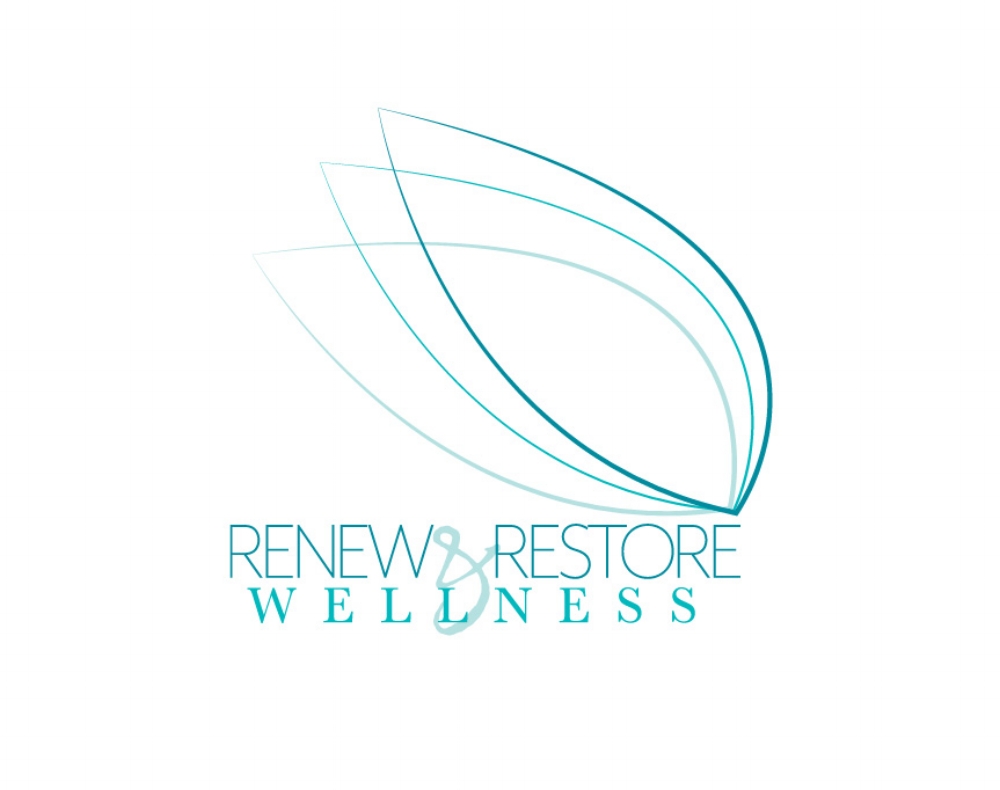Why Microbes Are Our Friends
/We are currently living in a world where bacteria and microorganisms tend to be associated with fear, sickness and even death. While these things may all be true on occasion, in reality they tend to be the exception, not the rule. What if I told you that we actually NEED bacteria, like our lives depend on it? While you gradually start unfurrowing your brow, let me explain. Researchers have found that pretty much every surface of our body contains microorganisms, to the point that our human cells are actually outnumbered 10:1! This prolific population of bacteria and microorganisms are known as our microbiome and today I want to share three reasons why they are actually our friends.
1) Bacteria allows us to digest and absorb nutrients from the food we eat.
When we consume a food, it’s actually the bacteria in our stomach and intestines that break those proteins, fats and carbohydrates into nutrients that our body is then able to use. The same goes for vitamins and anti-inflammatories found in the foods we eat. As humans, we don’t have all of the enzymes necessary to break these foods down, but fortunately these friendly microorganisms do! [1]
This is why supplements such as pre-biotics, probiotics and digestive enzymes provide so much relief when our gut flora is out of balance.
2) Bacteria help regulate our immune systems.
While we are babies in the womb, we have a naive immune system and are therefore dependent on our mother’s antibodies to protect us from disease. The immune cells we are born with must be educated in order to protect us from the outside world and it is bacteria that does the teaching! When a baby is born vaginally, they receive their first inoculation of bacteria as they travel through the birth canal and these bacteria are what begin to shape the makeup of a baby’s gut flora. Studies have shown that babies born via c-section are at higher risk for certain diseases and sickness because they haven’t received this initial mega-dose of bacteria. In addition to the birth process, breastfeeding also helps introduce bacteria into the baby’s system. These initial colonizing bacteria have come to be known as the “pioneer microbiome” and it is responsible for educating the developing immune system and provides a favorable environment for the colonization of other microbiomes. [2]
Since it’s National Breastfeeding Month I’ll share one of the most fascinating facts regarding breastfeeding and bacteria. When a baby latches to the mother’s breast to nurse, if a pathogenic bacteria in the baby’s mouth comes in contact with the mother’s areola then the mother’s areola signals her body to produce antibodies for whatever pathogen was detected! These antibodies are then delivered to the baby in the breastmilk! [3] Not only is this mother nature’s antibiotic but it is naturally strengthening and developing baby’s immune system.
Every day we are exposed to potentially harmful pathogens, additives, non-harmful bacteria and allergens in the environment. It is vital that our bodies are able to determine when to react and when to tolerate these “intruders” or else we would have a severe response or illness to every new interaction. The diverse population of microorganisms that develops in the gut early on is what teaches our immune system that not everything is bad. [4]
3) Microbes keep us healthy.
Microbes maintain a sterile mucus layer between the intestinal cells and the bacteria-rich gut, creating a bacteria-free zone that protects us from continuous immune system activation and inflammation. The microbiome lining our digestive tract also prevents pathogenic microorganisms from attaching to the intestine or colon walls. [2]
In higher-income countries there has been an exponential rise in the use of antibiotics, number of non-emergent c-sections, dietary changes, and excessive cleaning and sterilization. While these procedures may kill pathogenic microorganisms, they also kill the good bacteria that our body is dependent on! With this, we are seeing an increase in auto-immune and inflammatory diseases. The top three common auto-immune conditions we are seeing in the United States include Crohn’s, Type 1 Diabetes and Multiple Sclerosis.
Clearly these friendly microbes are important, so it is vital that we are intentional in keeping them healthy and balanced. Here are some simple tips to do just that:
Wash your hands with soap and water whenever possible. While hand-sanitizer is convenient and quick, most of them kill all bacteria rather than just the bad. In addition to it’s non-selective destruction, many hand-sanitizers have been found to contain toxic ingredients such as methanol and 1-propanol. [5]
Eat foods that are rich in prebiotics and probiotics. A few common prebiotic-loaded foods include garlic, onion, leeks, asparagus, and bananas. Some common probiotic-loaded foods include kefir, sauerkraut, kombucha, and yogurt.
Avoid unnecessary antibiotics. There is a time and a place for antibiotics, but if you’re being prescribed an antibiotic for an illness that is typically caused by a virus (think flu) then you might want to think twice or at least get a second opinion. In the event that an antibiotic is necessary, be sure to load up on a probiotic during and after!
If you have further questions about supporting your microbiome or are needing recommendations for probiotic or prebiotic supplements, be sure to reach out! Renew & Restore Wellness is more than just a chiropractic office, we are here to support your overall health and well-being!
Resources
June 13, 2012. NIH Human Microbiome Project defines normal bacterial makeup of the body. (Retrieved August 12, 2020). https://www.nih.gov/news-events/news-releases/nih-human-microbiome-project-defines-normal-bacterial-makeup-body
March, 2015. Why is initial bacterial colonization of the intestine important to the infant’s and child’s health? (Retrieved August 12, 2020). https://www.ncbi.nlm.nih.gov/pmc/articles/PMC4340742/
January 28, 2020. Contributions to human breast milk microbiome and enteromammary transfer of Bifidobacterium breve. (Retrieved August 12, 2020). https://www.ncbi.nlm.nih.gov/pmc/articles/PMC6986747/
March 27, 2014. Role of the Microbiota in Immunity and inflammation. (Retrieved August 12, 2020). https://www.ncbi.nlm.nih.gov/pmc/articles/PMC4056765/
August 13, 2020. FDA Warns of New Hand Sanitizer Ingredient as List of Dangerous Products Grows. (Retrieved August 13, 2020). https://www.nbcconnecticut.com/news/health/fda-warns-of-new-hand-sanitizer-ingredient-as-list-of-dangerous-products-grows/2318431/




